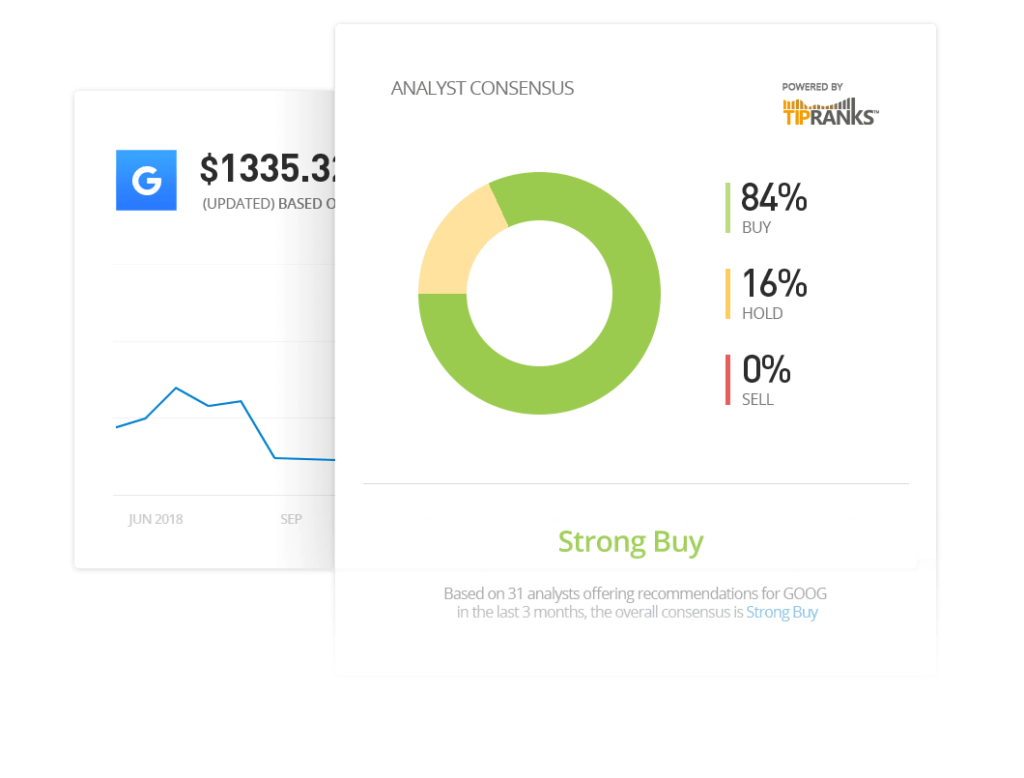Register now and Enjoy Welcome Rewards!
CFD Trading
Leverage or short stocks, currencies, commodities and indices — all at your fingertips
CFD Trading
Leverage or short stocks, currencies, commodities and indices — all at your fingertips
What is CFD Trading?
CFD trading is a method of trading in which an individual engages in a contract with a CFD broker, rather than purchasing the underlying asset directly. CFD is short for “Contract for Difference.”
Why trade CFDs?
Apply leverage

Gain greater exposure with less capital
Go long or short
Take advantage of all market movements
Diversify with ease
Trade a variety of markets and assets
In recent years, CFDs have become the most popular way for online investors to trade commodities, indices, currencies, and stocks. Since CFD trading does not involve the actual asset and operates independent of the market, it allows for greater flexibility than traditional trading — for example, access to foreign markets, leveraged trading, fractional shares, and short selling.
Choose the best CFD trading platform

-
FXmiller is a multi-regulated broker
-
FXmiller is trusted by thousands of users
-
Trade currencies, stocks, commodities, indices and more in one portfolio
-
Enjoy low spreads as low as 1 pip for EUR/USD and USD/JPY
-
Protect your investments with advanced risk management features, such as real-time alerts and customisable stop loss
-
FXmiller innovative CopyTrader™ allows you to follow other traders and copy their trades automatically in real time
-
Dedicated customer support 24 hours a day, Monday through Friday

FAQs
CFD trading is a method that enables individuals to trade and invest in an asset by engaging in a contract between themselves and a broker, instead of acquiring the asset directly. The trader and the broker agree between themselves to replicate market conditions and settle the difference amongst themselves when the position closes. CFDs (short for “Contract for Difference”) offers traders and investors the opportunity to profit from price movements in the financial markets without owning the underlying instrument.
To learn more about CFD trading.
- The trader chooses an asset offered as a CFD by the broker. It could be a stock, an index, a currency or any other asset that the broker has in their selection.
- The trader opens the position and sets parameters such as whether it’s a long or short position, leverage, invested amount, and other parameters, depending on the broker.
- The two engage in a contract, agreeing what the opening price for the position is, and whether or not additional fees (such as overnight fees) are involved.
- The position is opened and remains open until either the trader decides to close it or it is closed by an automatic command, such as reaching a Stop Loss or Take Profit point or the expiration of the contract.
- If the position closes in profit, the broker pays the trader. If it closes at a loss, the broker charges the trader for the difference.
To learn more about how CFDs work.
FX miller offers CFD trading with currencies, commodities, indices, stocks, and cryptocurrencies.
Yes. Indices such as the DJ30 or the SPX500, for example, are not actual physical assets – you can’t own a piece of an index. However, with CFDs, you can speculate on index performances, which enables you to invest not just in one stock but whole sectors of national economies.
Trading with leverage means using capital borrowed from a broker when opening a position. Sometimes traders may wish to apply leverage in order to gain more exposure with minimal equity as part of their investment strategy. Leverage is applied in multiples of the capital invested by the trader, for example 2x, 5x, or higher, and the broker lends this sum of money to the trader at the fixed ratio. Leverage may be applied to both buy (long) and short (sell) positions. It is important to note that any losses will be multiplied as well as profits.
For more information on leverage, click here.
“Short selling,” or “going short,” is a practice which enables traders to open a position that will increase in value if a financial instrument’s price goes down. This is used either when markets are falling, or as a hedging tool.
One of the big advantages of investing in CFDs, rather than in markets like commodities or stocks, is that you can profit from falling markets as well. Remember, a CFD is a Contract for Difference, but that difference can go in any direction. So you can invest in the possibility of prices going up (a “buy” or “long” order) or down (a “sell” or “short” order), according to what you think is likely to happen.
With CFDs, you don’t actually purchase or own an instrument, so you are not constricted by the high prices of whole shares. CFDs make it possible to buy or sell part — or a fraction — of a share. For example, if the price of one share of Google stock is $1,000, on FX miller you can choose to invest $50 in Google stock with 1:10 leverage, thereby, holding $500 worth of Google stock (half of a share) in your portfolio.
The legality of CFD trading varies by country, but there are many countries where it is legally permitted when properly regulated. FX miller is regulated as a CFD broker by CySEC, the FCA, and ASIC. FX miller offers CFD trading in the UK, Germany, France, Spain, Italy, Australia and many other countries.
Any financial investment involves risk, and CFDs are no different. CFD assets traded without leverage have the same risk as those assets traded directly. On FX miller, for example, you can invest in any asset without applying any leverage. However, trading CFDs with leverage increases your market exposure, thereby, increasing your risk.
To learn more about how leverage works.
Ready to get started Trading on FXmiller?
Comments are closed.